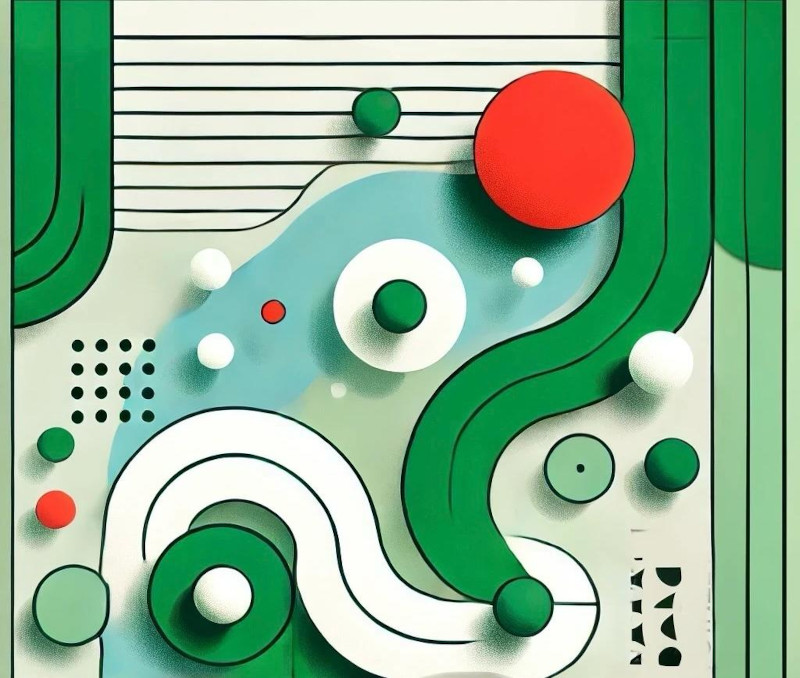
The ethics of care
Editor-in-Chief and Editorial Director, in their Laborcare Journal editorial, discuss a Shared Ethics of Care
By Gianluca Favero and Mariella Orsi
After about seven years, we thought we would return to talk about the Pontignano Group not only to “keep memory‘’ of a reality born in the now distant 2002 but, above all, to stimulate readers to reflect on concepts that, to date, seem almost to have ‘evaporated’ especially after the sad experience of the Pandemic.
We do so after devoting several issues of the Review to highlighting criticalities and shortcomings, especially in the ethical and bioethical sphere, which have characterized the more or less justified actions of Politics and, consequently, of Health Care Managers towards patients and their families.
As we have repeatedly pointed out, phrases such as “Everything will be all right!!!‘’ or ‘We will come out of this and be better off’ have, little by little, lost their veracity and consistency at the anthropological and social level: not only has that ‘social distancing’ increased, which has increasingly favored the establishment of a true ‘ethic of individualism,’ but we are witnessing a growing unease that expresses itself in acts of violence in contexts including those against Health Care Workers.
In such a fragile and, at times, even contradictory context, the Pontignano Group, promoted in 2002 within the framework of the Regional Bioethics Commission of Tuscany, has continued in its intent that is, to promote and support a “social pedagogy of the finiteness of life” aimed at guaranteeing dying people “the possibility of expressing their wishes and the modalities of their leave from their affections” in contrast to what we have witnessed in the two years of the pandemic.
While we have witnessed many (too many) lonely deaths, the fear of death has been the emotion that has dominated media communication made up of numbers and images of coffins that, to this day , remain in the eyes of many as well as, for Health Workers, the drama of seeing patients dying who invoked the presence of their loved ones: “I am reminded of the image of an elderly lady; I had helped her feed herself and between bites she had whispered to me, ‘My daughter . .. I miss her … not even five minutes can you let her in?’
My heart became tiny at that moment. By the next day the lady’s parameters had deteriorated, and during the night respiratory gasping presented itself. Her eyes stared at me begging for help. When I returned to the ward she was gone.”
Year after year, the Pontignano Group has been enriched by presences that have been a real nourishment and this is perceived by the Documents that are shared and drafted and which, in this issue we report in full not only so as not to “lose the memory”, but to awaken the consciences of those Health Care Workers, Managers and Politicians who put “procedures” before the Time dedicated to listening to those who “are in the Care”.
Participating in the Pontignano Group Seminars is an ongoing experience: the Working Groups are an opportunity for knowledge, sharing and a chance to interweave experiences and new friendships destined to last.
What is the secret of so much well-being? Just being a listener!
At the end of the Seminars, when the time has come for farewells, the “beauty” is to say “goodbye … see you soon …” and to cultivate the anticipation of the next meeting.
We conclude this Editorial with what Andrea Lopes Pegna wrote in an article published in “Laborcare Journal” about his experience within the Pontignano Group: “I was not only present at the first Pontignano seminar in 2002; instead, at each new edition until this September’s one this year, I have actively participated and have thus been able to progressively enrich not only my knowledge, but above all my sensitivity to the bioethics issues that have been discussed in the various appointments being then able to report and try to implement the results of the discussions and what has been elaborated in the final documents in my daily professional activity.”
Source
Image
- Image digitally created by spazio + spadoni
